News
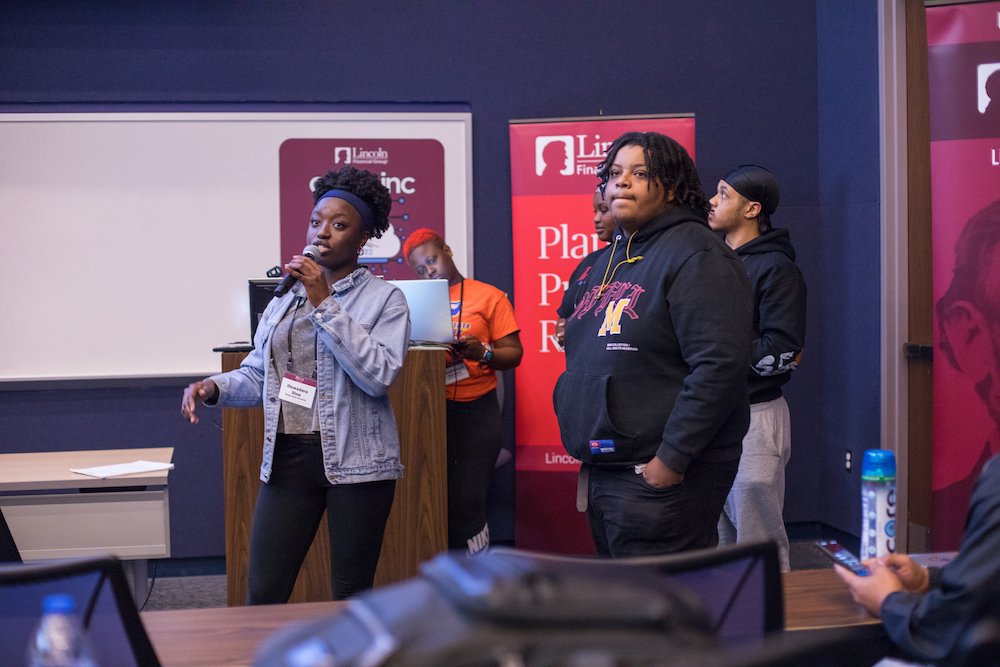
Morgan State’s Hackathon Seeks to Connect Students With Tech and Financial Services Jobs
Morgan State’s Naja Mack is a co-organizer of codeLinc, a 24-hour hackathon aimed at cultivating a more diverse workforce within the financial services and tech sectors.
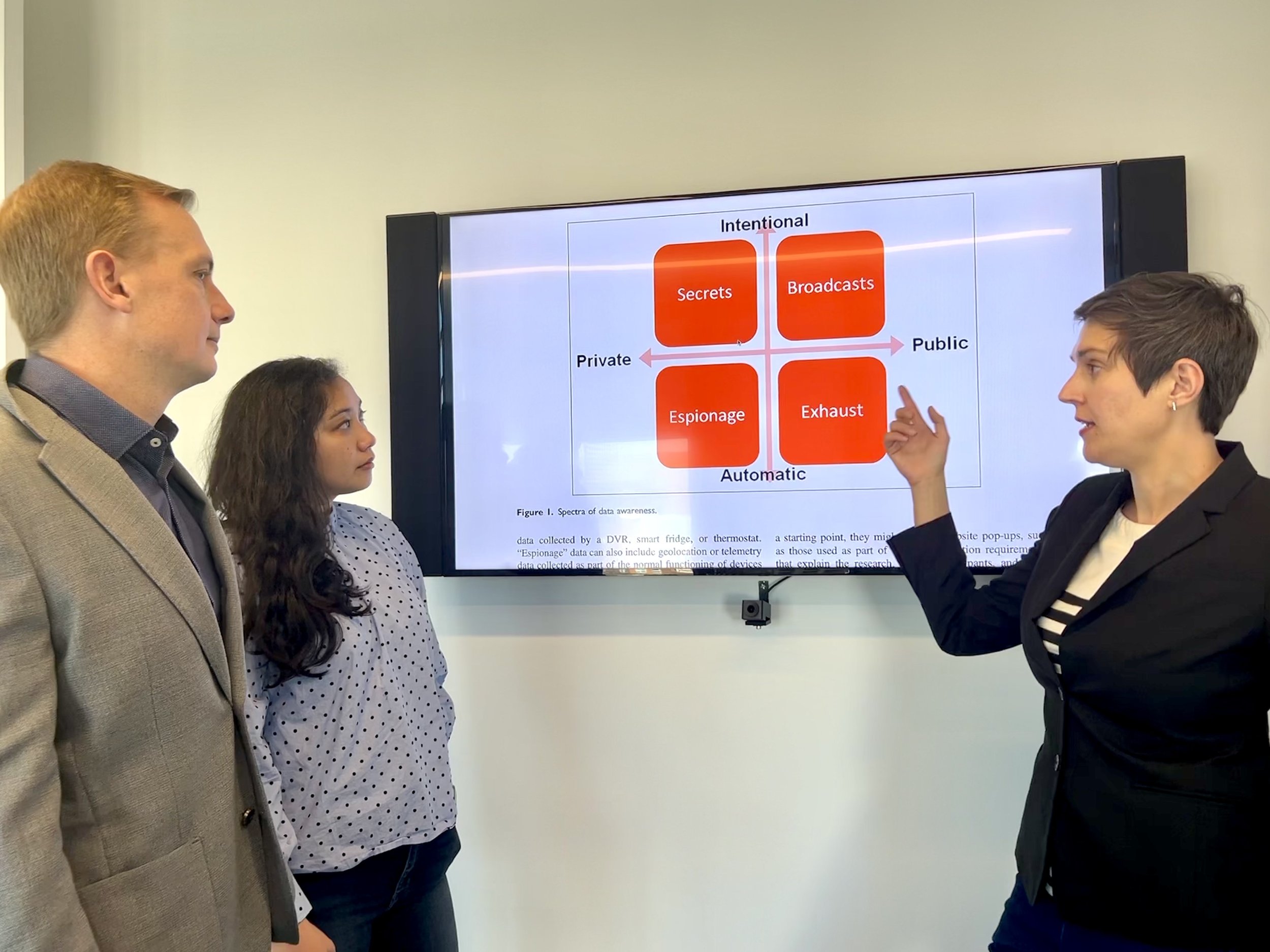
Grand Challenges Grant Launches Values-Centered AI Initiative
Hal Daumé, Katie Shilton, Hernisa Kacorri, Jordan Boyd-Graber, Furong Huang and Huaishu Peng are members of UMD’s new Center for Values-Centered Artificial Intelligence, which is focused on developing conceptual and technical frameworks to advance AI in a way that is not only ethical, but also places the well-being of people at the forefront.

Breaking the Loop: Creating a Trustworthy Social Media Platform
Supported by the National Science Foundation, UMD’s Giovanni Luca Ciampaglia is designing a social media platform that will deliver users a trustworthy news feed.

‘Climate homicide’: Could Big Oil be Sued for Disaster Deaths?
GW’s Donald Braman co-authored a paper that examines whether petroleum producers can be held criminally responsible for climate-related deaths.
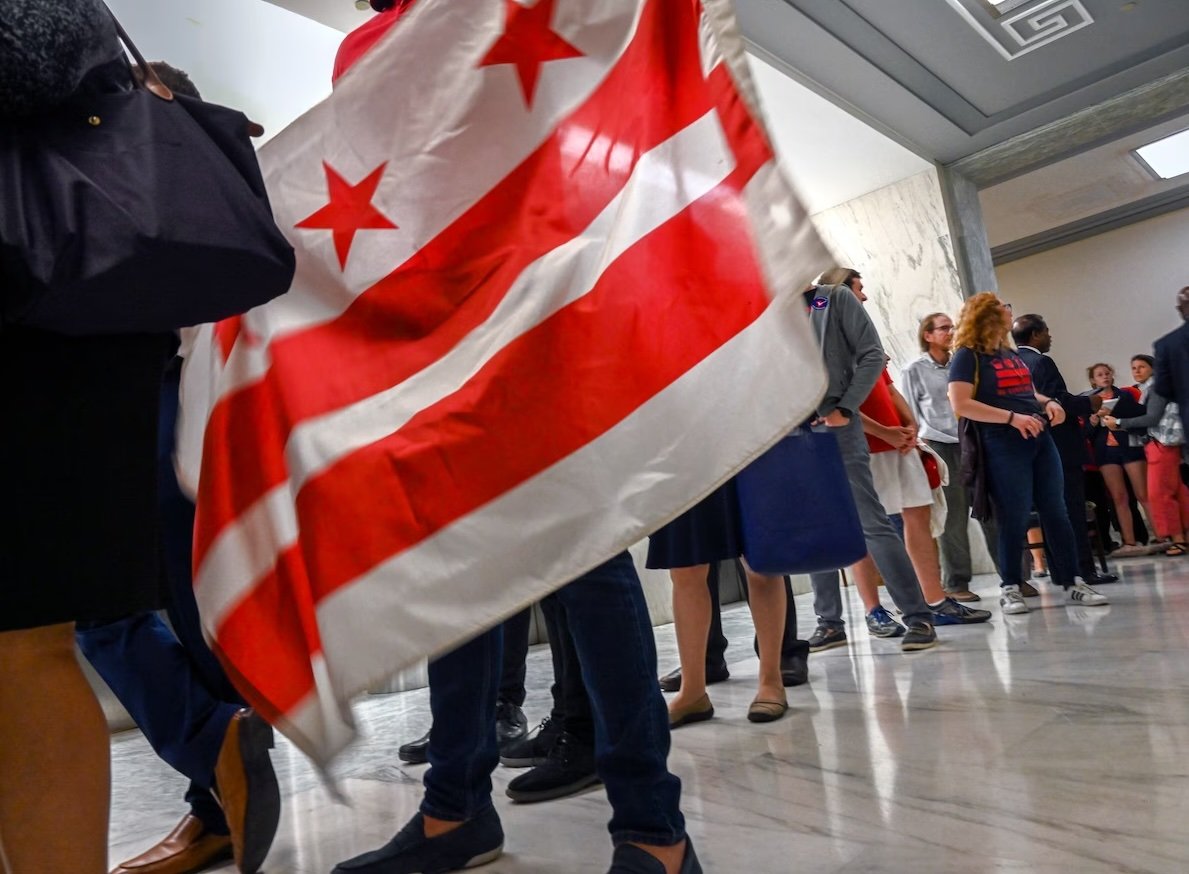
What to Know About the (Apparently Doomed) D.C. Criminal Code
GW’s Donald Braman shared his thoughts on resentencing ahead of the U.S. Senate’s vote on whether it will formally strike down a controversial overhaul of D.C’s criminal code.
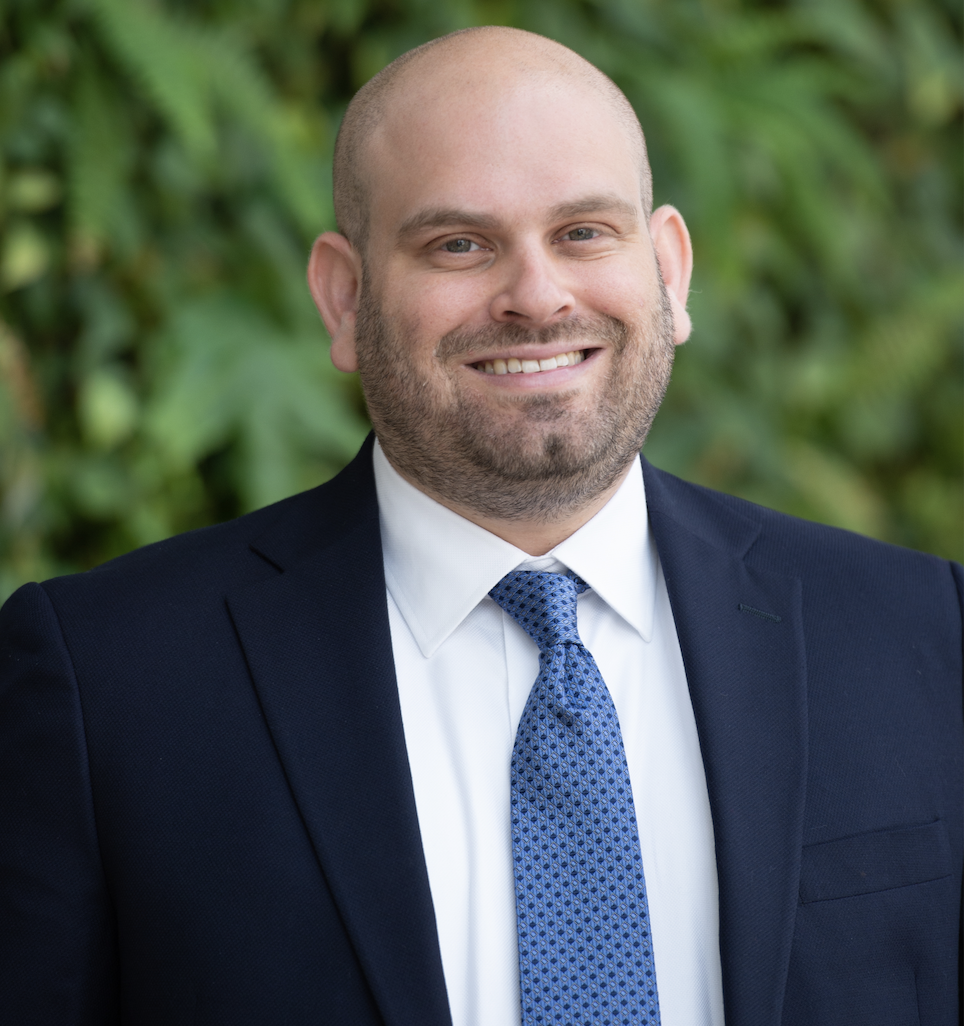
iPhone Passcodes Become an Opening to Steal One's Digital Life
GW’s Adam Aviv was featured in The Wall Street Journal for his research on iphone security.

For Maryland Professors, ChatGPT Presents an Opportunity to Rethink Instruction
The groundbreaking artificial intelligence can produce essays in seconds, but Morgan State’s Virginia Byrne and UMD’s Hal Daumé III are optimistic.

ChatGPT Resolution Seeks Better Understanding of AI
GW’s David Broniatowski, who has been studying artificial intelligence for over a decade, warns that what we don’t know about AI can be dangerous.
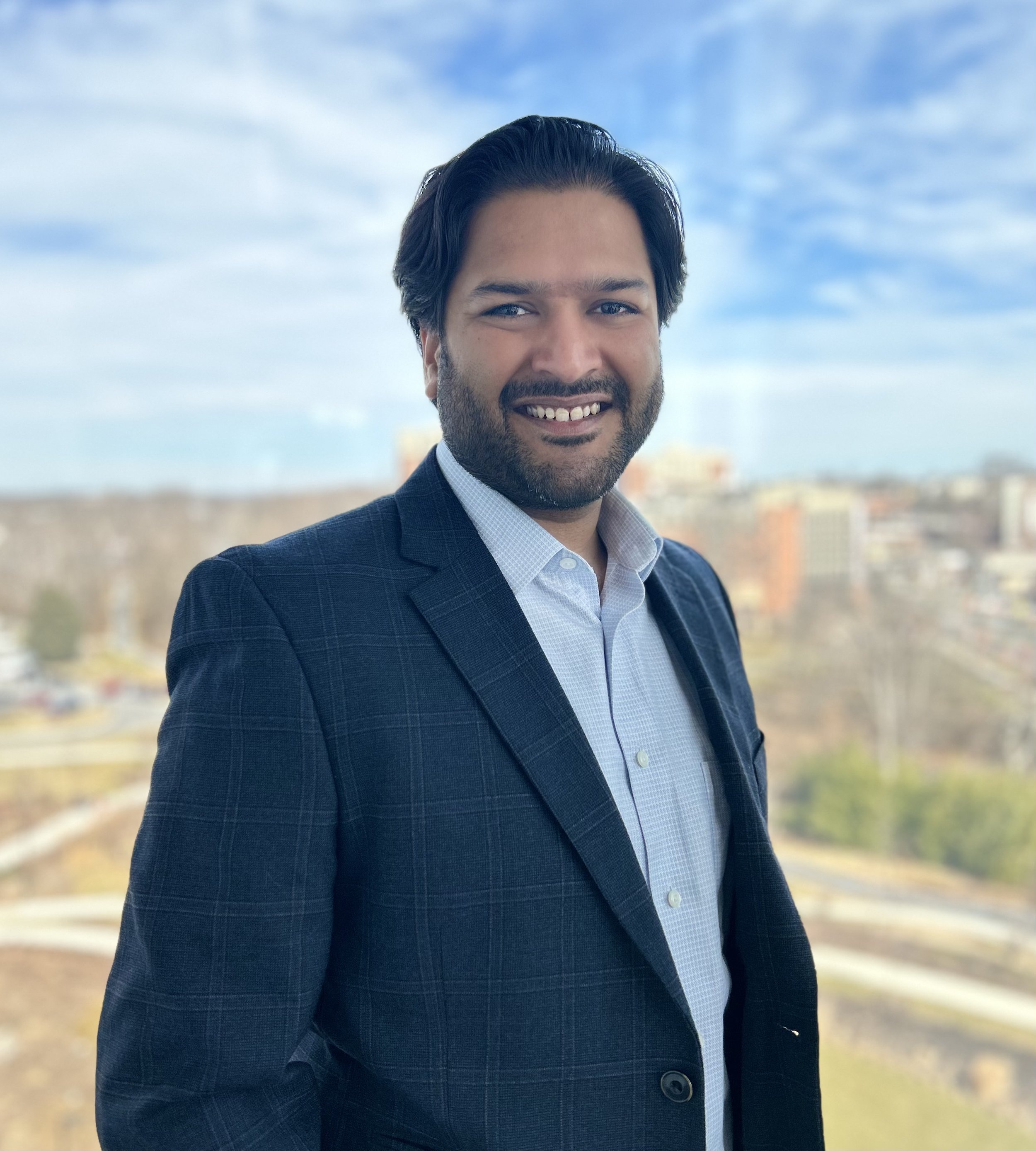
Shrivastava Receives NSF CAREER Award to Advance Computers’ Understanding of Temporal Phenomena
UMD’s Abhinav Shrivastava is developing innovative technologies so that computers can better understand temporal phenomena, the term used to describe observable changes over time.

How ChatGPT Could Embed a ‘Watermark’ in the Text It Generates
Research on watermark detection by OpenAI and UMD’s Tom Goldstein was featured in The New York Times.

Navigating Controversy in Computing Research: A Historical View of Data Ethics Work
UMD’s Katie Shilton discusses how researchers have navigated artificial intelligence controversies like racial bias and privacy.

Navigating Controversy in Computing Research: A Historical View of Data Ethics Work
In a Q&A with the College of Information Studies, UMD’s Katie Shilton talks about her research on ethics and governance in AI.

A New Look on Global Data Sharing and Digital Trade
GW’s Susan Ariel Aaronson publishes three op-eds that discuss data as a digital good that poses both unique values and challenges.

A Watermark for Chatbots Can Expose Text Written By AI
UMD’s Tom Goldstein discusses digital watermarks used to detect AI-generated text in a story published in MIT Technology Review.

Can America Learn This Pandemic’s Lessons Before the Next One Hits?
Cornell University’s Valerie Reyna shares her expertise on risky decision-making with Vanity Fair on ways to prepare for the next global pandemic.
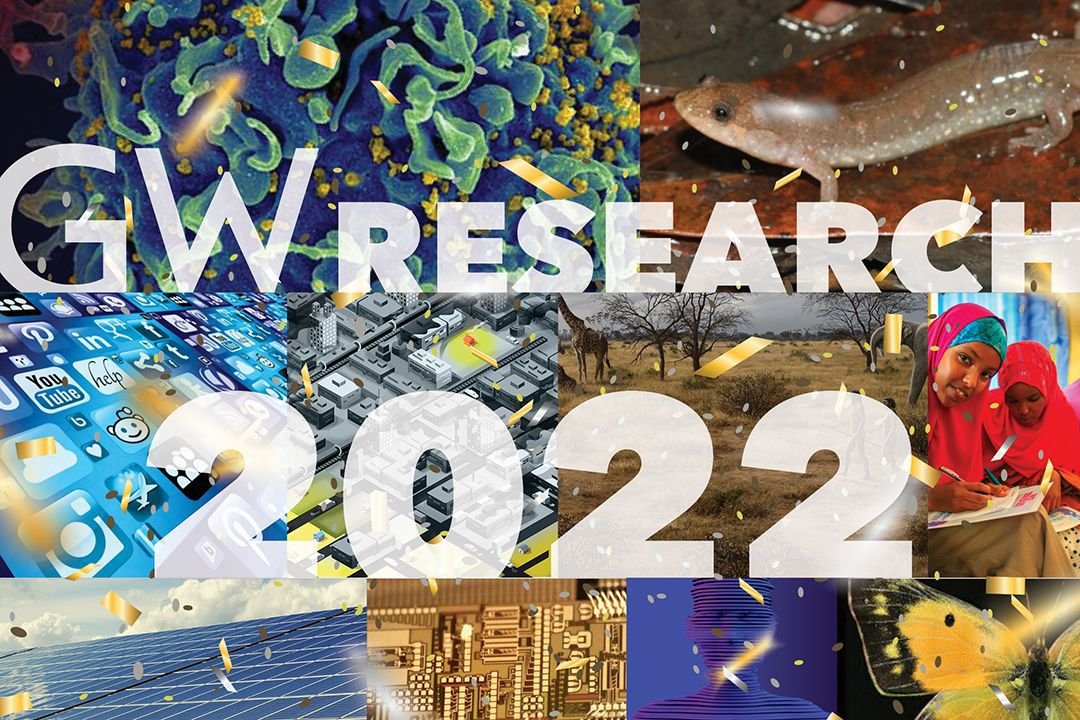
GW Research Pushes to the Future
GW’s Rebekah Tromble was recognized for her work on an NSF-funded project that led to the development of a platform that aids journalists facing coordinated campaigns of online harassment.
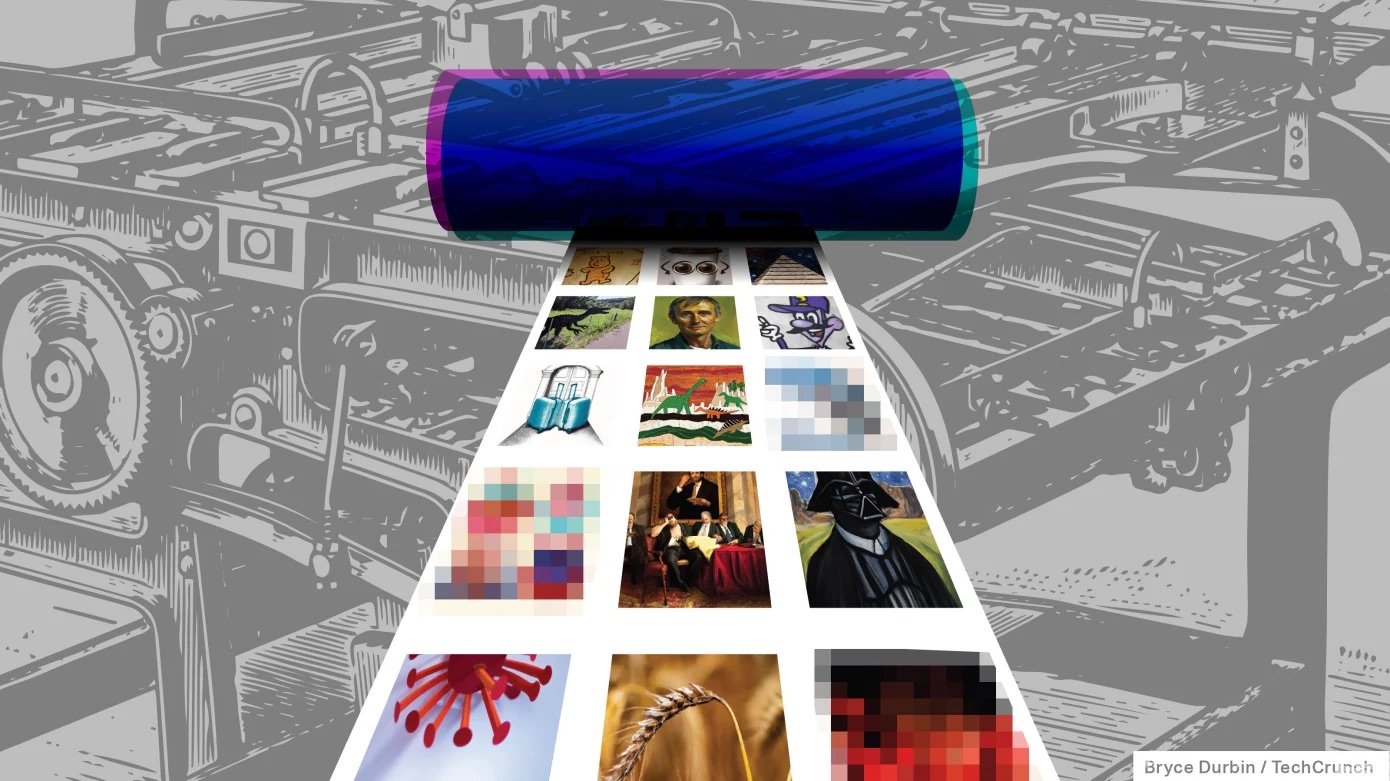
Image-generating AI Can Copy and Paste from Training Data, Raising IP Concerns
A new study by researchers at Maryland and NYU shows Stable Diffusion and like models replicate data.

The National Science Foundation Awards $5 Million to IDDP Team to Continue Work Assisting Journalists Facing Online Harassment
GW’s Rebekah Tromble is leading a team of researchers that are working to build a platform where female journalists can report abuse and tap into an array of support.

Faculty Receive Meta Research Awards to Advance AI
UMD’s Jordan Boyd-Graber is creating challenging human-in-the-loop (HITL) examples for question-answering tasks assigned to computers.

Huang Receives Microsoft Award for Innovative Work in Sequential Decision-Making
UMD’s Furong Huang received an award from Microsoft for her novel work in sequential decision-making.
